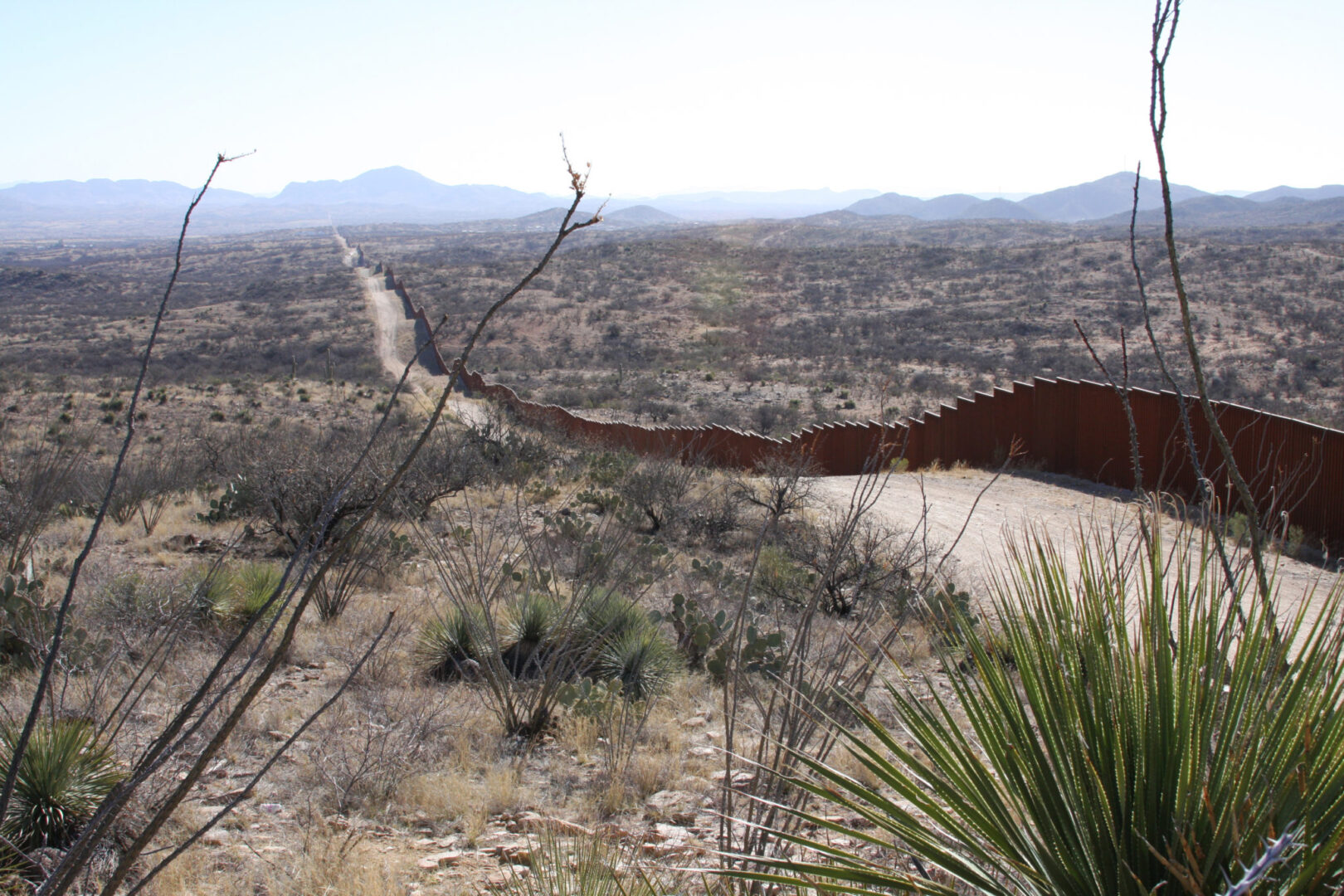"The architecture of international human rights law is built on the premise that all persons, by virtue of their essential humanity, should enjoy all human rights."
— David Weissbrodt, U.N. Special Rapporteur on Non-Citizens
Amnesty International’s report, In Hostile Terrain: Human rights violations in immigration enforcement in the US Southwest (English or Spanish), examines the human rights violations associated with immigration enforcement at the border and in the interior of the United States. While the development and implementation of immigration policies are a matter for individual governments, such policies must be compatible with international human rights law and standards. All immigrants, irrespective of their legal status, have human rights. This report shows that the USA is failing in its obligations under international law to ensure these rights. Among its findings are:
- Recent immigration policy in certain border areas has pushed undocumented immigrants into using dangerous routes through the US desert; hundreds of people die each year as a result.
- Immigration enforcement in the USA is a federal responsibility. Federal immigration officials are increasingly working in collaboration with state and local law enforcement agencies but improper oversight of state and local law enforcement has led to increased racial profiling.
- Increasingly, state laws and local policies are creating barriers to immigrants accessing their basic human rights, including rights to education and essential health care services. While these laws are targeting non-citizens, these policies are also impacting US citizen children.
- Recent legislation enacted or proposed in several states targets immigrant communities and places them, Indigenous communities and other minority communities at risk of discrimination.
- Immigrant communities also face a range of barriers to justice when they are victims of crime such as human trafficking, domestic violence or bias crimes.
The implementation of immigration enforcement measures along the border has also impacted the rights of Indigenous communities, whose traditional lands lie on both sides of the US-Mexico border.

